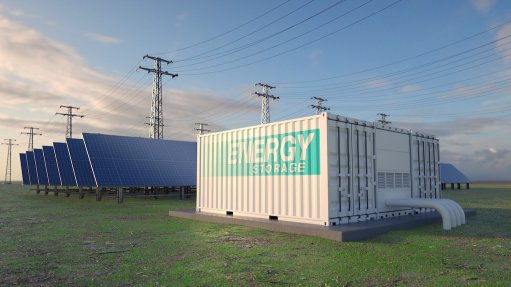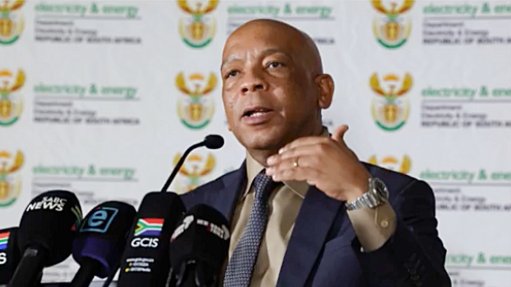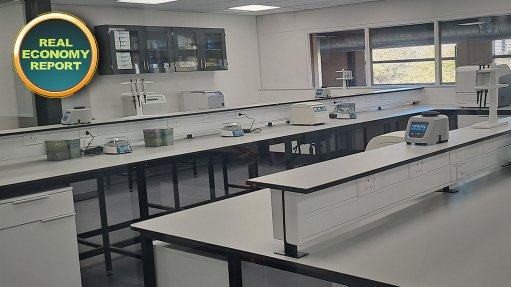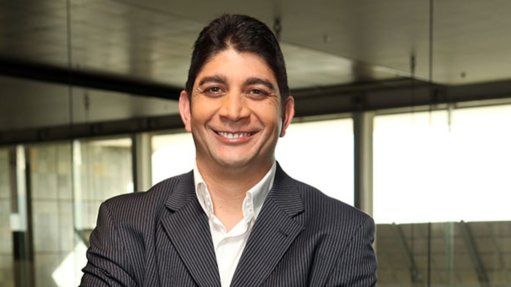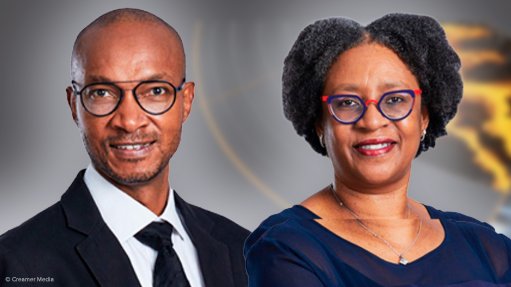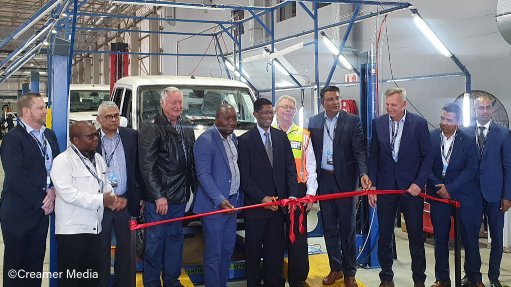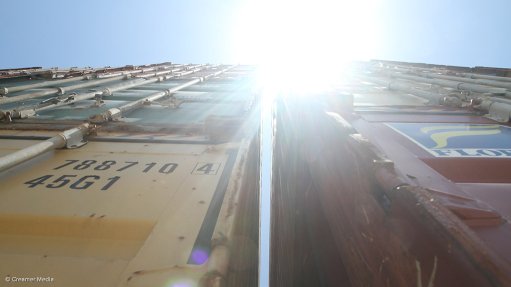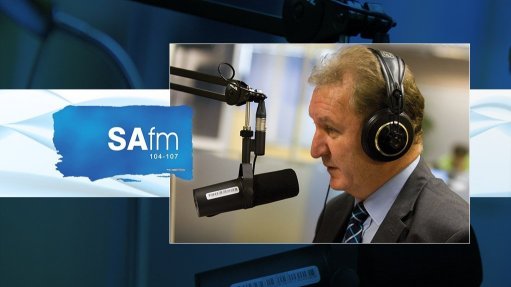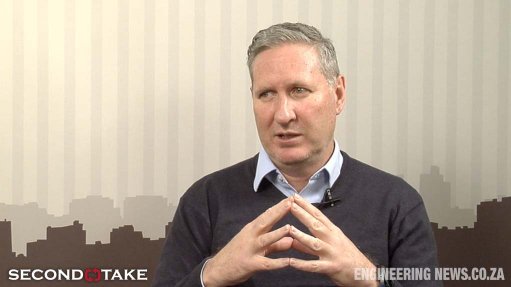Denel urges govt to use, support its new cybersecurity unit
State-owned defence industrial group Denel has urged government to support the development of and make use of the capabilities of the group’s recently established division, Denel Sovereign Security Solutions (Denel S3). The aim is to ensure that cybersecurity for government information and communication technology (ICT) networks is in the hands of South Africans in a State-owned entity.
With the rapid growth and ubiquity of the Internet, government has hitherto paid little attention to where it sources Internet hardware, software and services. “The speed at which cybertechnology is developing and the vulnerabilities that come with it force us to sit up and question who is running the country’s information technology (IT) networks for The Presidency, Defence, Justice, Police, Emergency Services and other strategic national infrastructure,” argues Denel senior executive: business development Mark Minnies.
He notes also that networks of ICT systems are responsible for the management of other critical national infrastructure, both State and private sector. Extemely Exposed These include the national payment system used by banks and the national electoral system, as well as parastatal and State functions such as the supply of water, electricity, transport, border control, Home Affairs and the country’s cloud programme. He asserts that, given the capabilities of today’s cybercriminals, hackers and other rogue elements, these critical national systems are “extremely exposed”.
“For this reason, decision-makers in national security matters should increasingly ask . . . where the hardware and software are coming from and who is the service provider? “Where are the possible leaks and vulnerabilities and could we be held to ransom from our own assets and information?” he urges. “In other words, do we have credibility and integrity in the national systems we employ?”
He affirms that government should look to Denel S3 as its technology partner in this environment, pointing out that the Denel group is already “trusted”, has personnel who are already security vetted, and already operates in the areas of national defence and security. The group also already has “ample” systems engineering capabilities and knows systems thinking. By using Denel, the State would be using its own technical engineering capabilities.
Global Society“Denel S3 is preparing for the new digital wave in technology that is sweeping through our global society,” he reports. “We are developing solutions and training staff with specific focus on software technology and software integration in particular. This implies the ability to work with various software subsystems, sensors and subsuppliers to deliver bespoke systems that comply with the highest levels of security and integrity. . . . Denel will in future increasingly explore working with local companies with locally developed technologies that will, in turn, contribute to providing complete solutions in the digital environment.”
The new division has identified a number of sectors and projects to focus on. These include the defence and defence intelligence computer management information systems environment; the State Security Agency cyber and IT environment; being a strategic partner to the State Information Technology Agency regarding national security technologies; and integrated systems for national border surveillance and security. Other such sectors include sensitive technologies and networks in the departments of Home Affairs, Justice and Police.
“Should government support the efforts of Denel S3 in the digital space for national security-related programmes, one can assume improved integrity in the national systems,” argues Minnie. “Other advantages include the increased development of the digital skills of government human capital instead of the current over-reliance on the private sector – and, in some cases, of foreign origin. It could also lead to an increased demand for locally developed software subsystems instead of the current widespread practice of supporting foreign software locally.”
Comments
Press Office
Announcements
What's On
Subscribe to improve your user experience...
Option 1 (equivalent of R125 a month):
Receive a weekly copy of Creamer Media's Engineering News & Mining Weekly magazine
(print copy for those in South Africa and e-magazine for those outside of South Africa)
Receive daily email newsletters
Access to full search results
Access archive of magazine back copies
Access to Projects in Progress
Access to ONE Research Report of your choice in PDF format
Option 2 (equivalent of R375 a month):
All benefits from Option 1
PLUS
Access to Creamer Media's Research Channel Africa for ALL Research Reports, in PDF format, on various industrial and mining sectors
including Electricity; Water; Energy Transition; Hydrogen; Roads, Rail and Ports; Coal; Gold; Platinum; Battery Metals; etc.
Already a subscriber?
Forgotten your password?
Receive weekly copy of Creamer Media's Engineering News & Mining Weekly magazine (print copy for those in South Africa and e-magazine for those outside of South Africa)
➕
Recieve daily email newsletters
➕
Access to full search results
➕
Access archive of magazine back copies
➕
Access to Projects in Progress
➕
Access to ONE Research Report of your choice in PDF format
RESEARCH CHANNEL AFRICA
R4500 (equivalent of R375 a month)
SUBSCRIBEAll benefits from Option 1
➕
Access to Creamer Media's Research Channel Africa for ALL Research Reports on various industrial and mining sectors, in PDF format, including on:
Electricity
➕
Water
➕
Energy Transition
➕
Hydrogen
➕
Roads, Rail and Ports
➕
Coal
➕
Gold
➕
Platinum
➕
Battery Metals
➕
etc.
Receive all benefits from Option 1 or Option 2 delivered to numerous people at your company
➕
Multiple User names and Passwords for simultaneous log-ins
➕
Intranet integration access to all in your organisation






